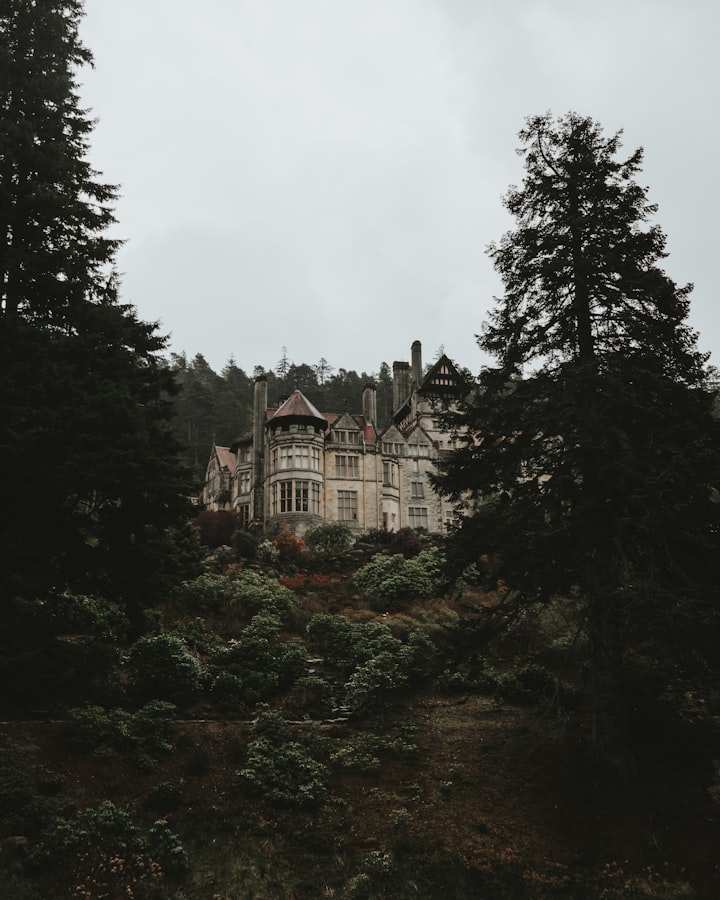Lillo Favia, "Come meta il viaggio"
An on the road novel

Everything can be said about Lillo Favia’s “As a destination the journey”, except that it is not original. Not for the content — which is still a male story of sex, drugs and rock and roll — but rather for the style. Usually texts of this kind, in the wake of the various Kerouack, Bukowski, Carver etc, which rage in today’s fiction produced by males aged twenty and over, are written in a “postmodern” language full of vulgarity, now standardized to the point of becoming anonymous. Lillo Favia’s novel, on the other hand, plays with words and carries out in-depth research, not for nothing he defines himself as a “language mechanic”. The narration makes use of a prose that flows into poetry, often alternating with it. Favia leaves nothing to chance and the stylistic analysis becomes existential.
“For an artist, the work is a mission, an arduous path in which to trace a hypothesis of freedom. In which to try to solve your dilemmas, your fears, your not knowing how to live. “
The narrator tells the story of his friend Max, who died prematurely. Together the two have gone through all the stages of an extreme youthful life, from the road trip, to the rolled joints, up to the heroin addiction described with the same close look of Gregory David Roberts in “Shantaram”, to detoxification in the Albatros recovery community, directed by the tremendous Don Rosario, an ambiguous and not entirely positive character. In the end, however, the paths of the two young people diverge: Max will perish because the loss he will have to suffer will be so painful and unacceptable that it can only be sublimated with death. Before dying, however, he will choose the road, he will become homeless, in the noblest sense of the term. The road, more than drugs or travel, will embody spiritual investigation, refinement, freedom from any superstructure, the path within oneself.
“It is only thanks to his intuition that I was able to undertake this exciting literary journey, this priceless self-analysis”
The doubt arises that Max is the alter ego of the protagonist, and the “Max thought” what the protagonist thinks or would like to think. Max is what the protagonist would become if he went to the bottom in self-destruction, in transgression, in the cancellation of civil ties: friendship, love, family, dogma. And the relationship that binds them is indefinable, almost a sort of platonic love that overcomes and sublimates any bond with the other sex.
Set in the 80s and 90s, between Puglia, Holland and various other places, the novel shows a real obsession with dates, as if to fix the moments, to want to harness and catalog a life that appears without direction, making sense of death. And death, it will be discovered, is a right, an act of extreme self-affirmation:
“I am ready to say that Max had every right to decide his future, to arrogate the will of life or death over his time. I’m ashamed like a killer for questioning his free will. Now that I have traveled through his torments, through his writings, through his memories; now that I fully savor the proverbial breath of the word “life”: I can perceive his condition as a new young Werther. “
Writer and musician from Bari, Lillo Favia seems to opt for the mixture of genres and styles in an experimental way. And this too seems to be a feature of the latest generation of artists, that is multimedia and the mixing of writing with other forms of art, from music, to singing, to dance. There is a mixture between a “low” — the stray life, withdrawal crises, paid sex — and a “high” made up of the frequent lyric abandonments of prose.
“We left late at night, in the shadow of a black sky. The air was filled with those typical flavors of the Apulian coast, the fresh algae lined up by the Grecale, the olive tree, the maritime pine, the effusions of red clay and rosemary chased and mixed along the asphalt tongue. “
What is certain is that the mixture of techniques and forms of expression (including notes, dialogues, diary passages, verses left around by Max as clues) does not always manage to appear functional, it happens to ask oneself if one has not wanted to accept everything (too much) without knowing how to leave out or, at the very least, mix, and the suspicion arises of possible forays into the author’s private diary.
Overall, a smooth work, despite the experimentation, which is not boring but, rather, shows a considerable effort in linguistic processing, not common these days and certainly positive.
About the Creator
Patrizia Poli
Patrizia Poli was born in Livorno in 1961. Writer of fiction and blogger, she published seven novels.






Comments
There are no comments for this story
Be the first to respond and start the conversation.